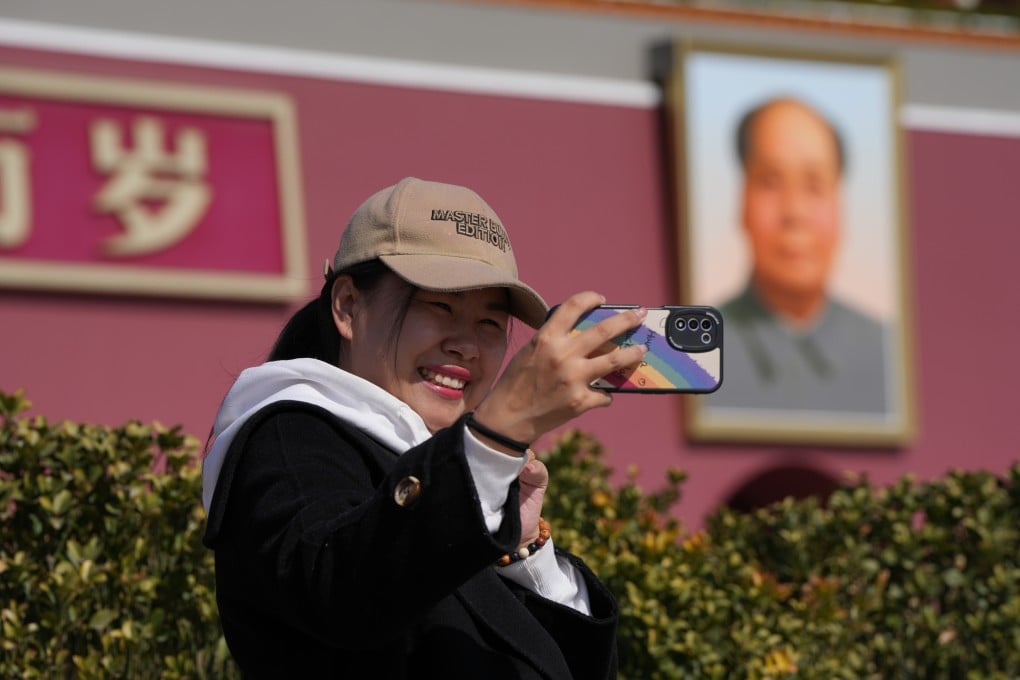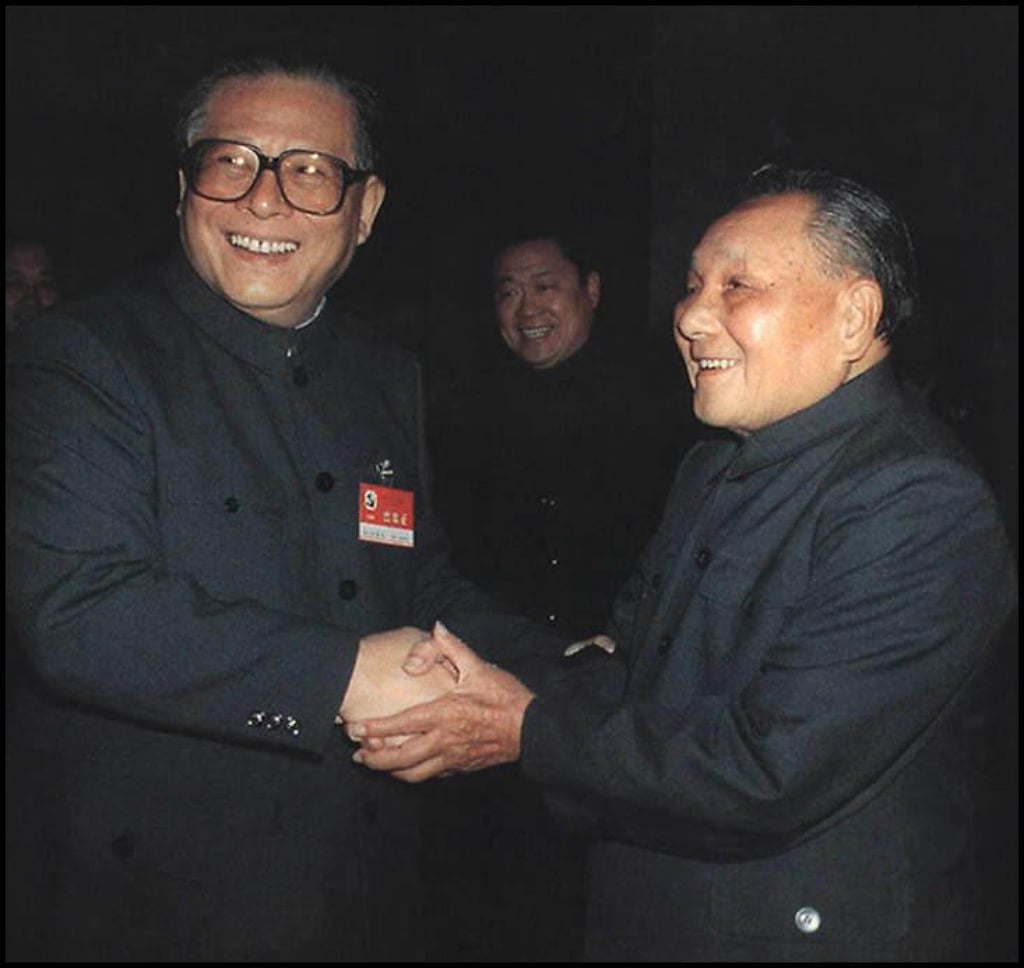Opinion | Beijing can restore private sector confidence with another third plenary ‘magic touch’
- Deng Xiaoping and Jiang Zemin used third plenary sessions to usher in new eras of growth. Beijing should do it again.

The third plenary session of a central committee has long been associated with change and hope.
Next month, the key Communist Party meeting is set to tackle some big issues such as “deepening comprehensive reform”, “promoting the Chinese way of modernisation” and “building up a high-level socialist market economic system”. While the detailed agenda and the exact date of the Third Plenary Session of the 20th Central Committee are unknown, few doubt its significance for China’s future.
At the third plenary session of the 11th central committee in 1978, then leader Deng Xiaoping told the party to focus on economic development instead of class struggle, sidelining Mao Zedong’s chosen heir Hua Guofeng and throwing the “Two Whatevers” dogma of adhering to Maoist policies into the dustbin.

In 1993, the third plenary session of the 14th central committee under former President Jiang Zemin declared that China’s aim is to set up “a socialist market economy system”.
The seemingly contradictory phrase was effectively a rejection of central planning in favour of pursuing a market economy. It removed the ideological barriers to shutting down loss-making state-owned enterprises and negotiating with developed countries to participate more broadly in the global economic order. It also opened the door for the country’s capitalists to join the Communist Party.
These two meetings proved so successful in engineering China’s economic ascent that hopes are once again high for similar magic to emerge from another third plenary session.
The country is in need of change more than any time since 1978, as it searches for new growth momentum in the face of a long list of challenges – including a slow post-pandemic economic recovery, high youth unemployment, unsustainable local government debt, a nationwide housing market downturn, rising tensions with major trade partners, and a plunging birth rate.

